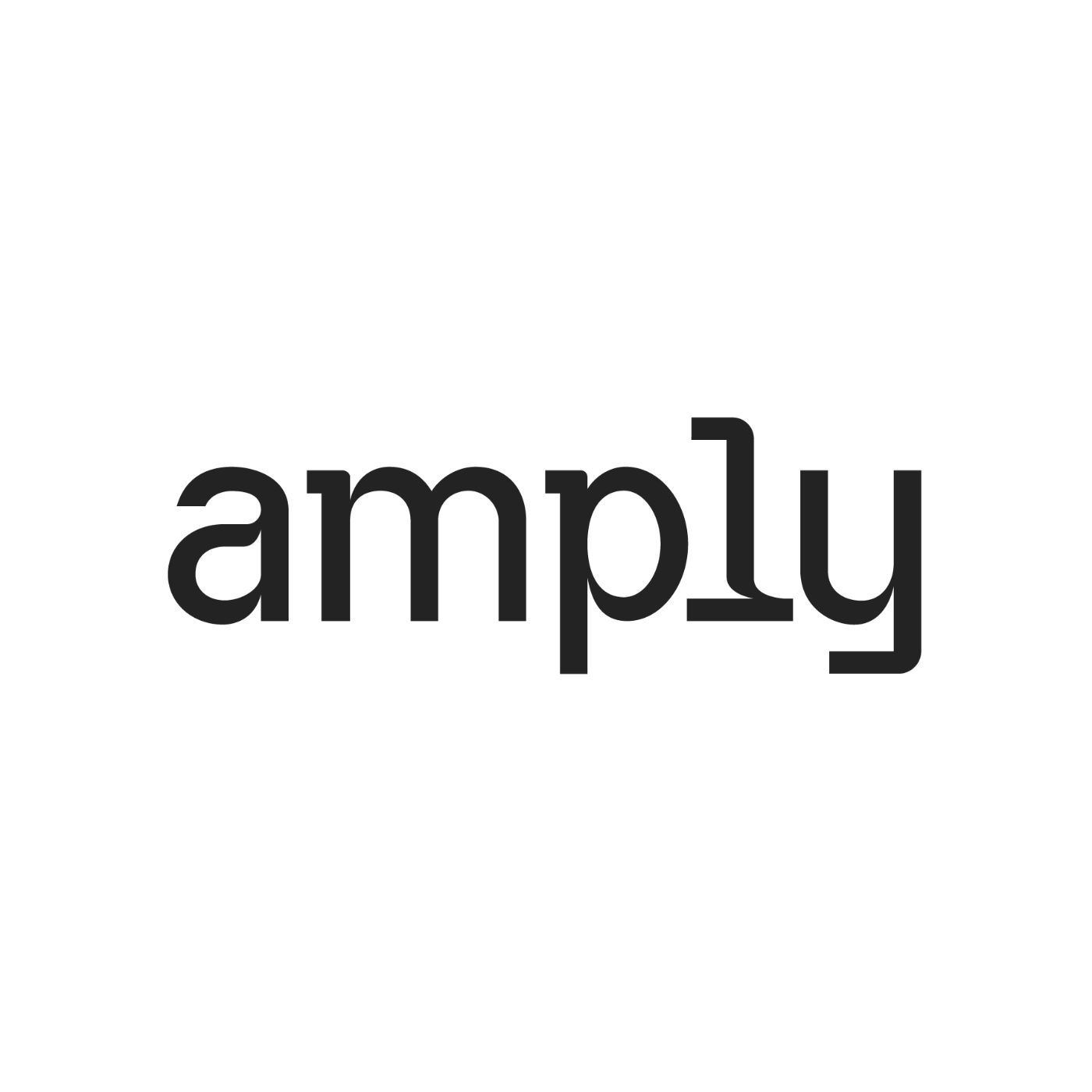Audio Presented by

Amply's immersive job board and smart ad tech brings job recommendations to the open web
About Author
Amply's immersive job board and smart ad tech brings job recommendations to the open web

Amply's immersive job board and smart ad tech brings job recommendations to the open web
Amply's immersive job board and smart ad tech brings job recommendations to the open web